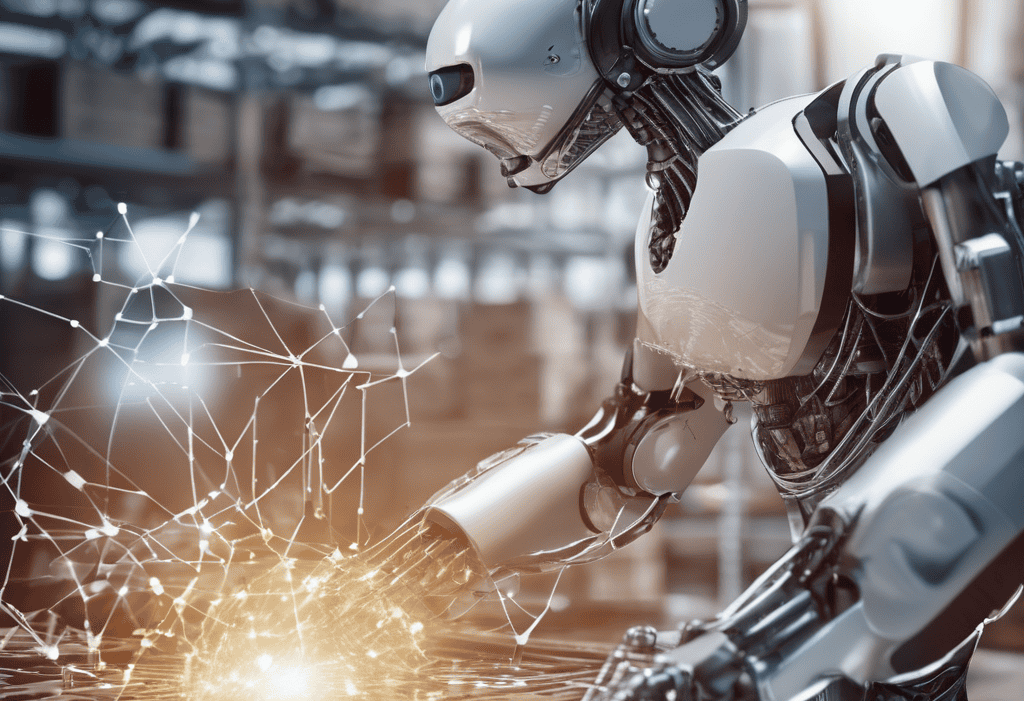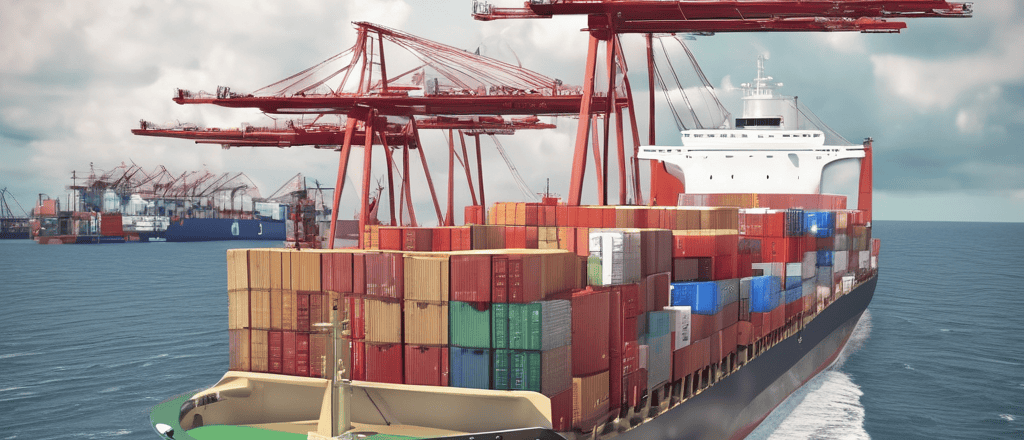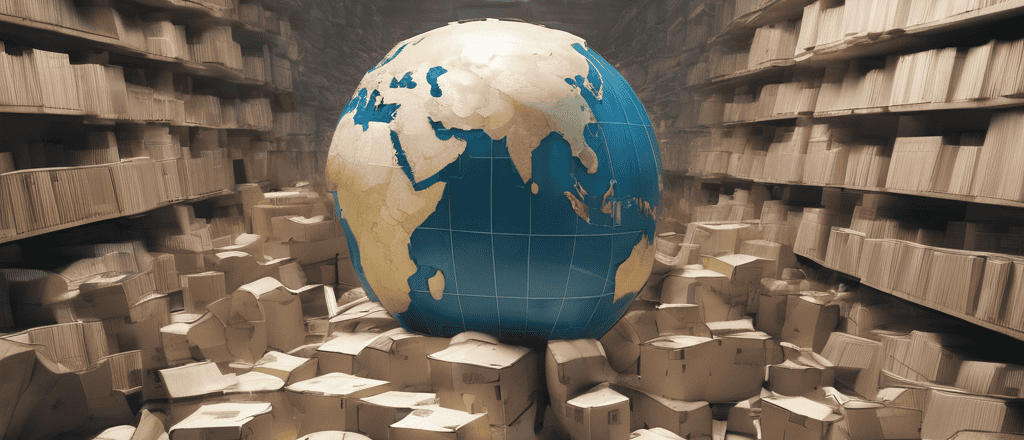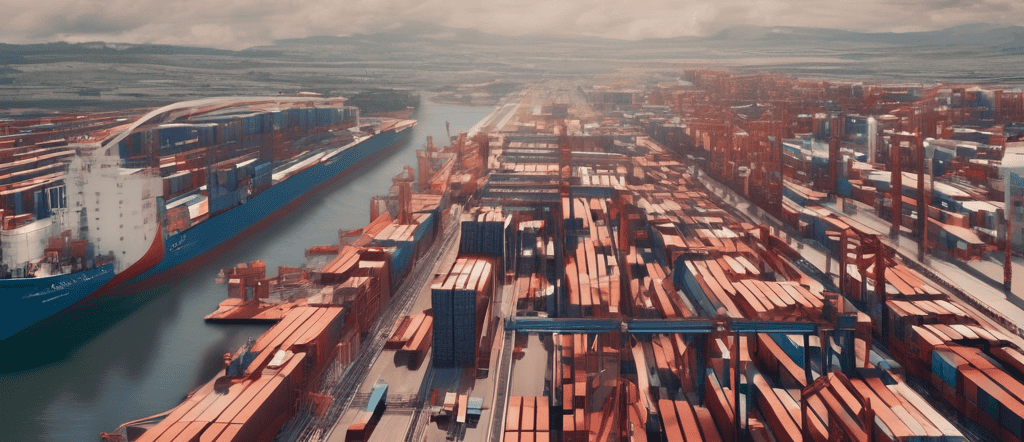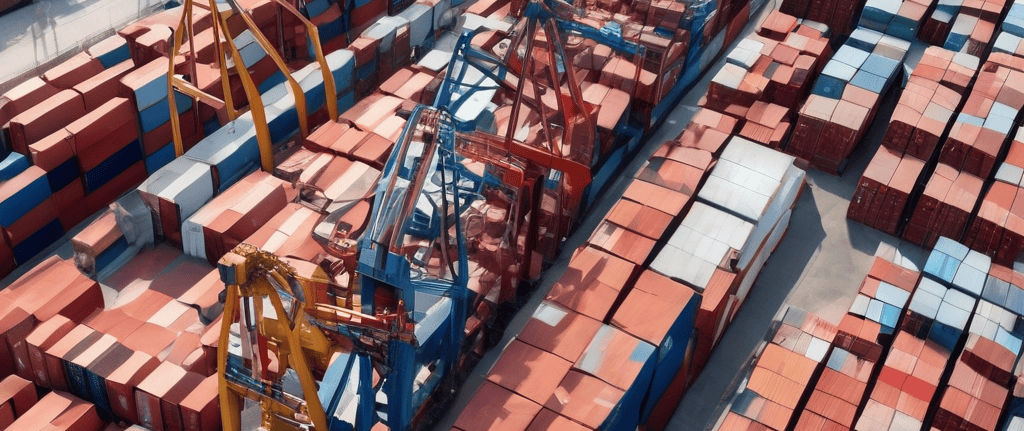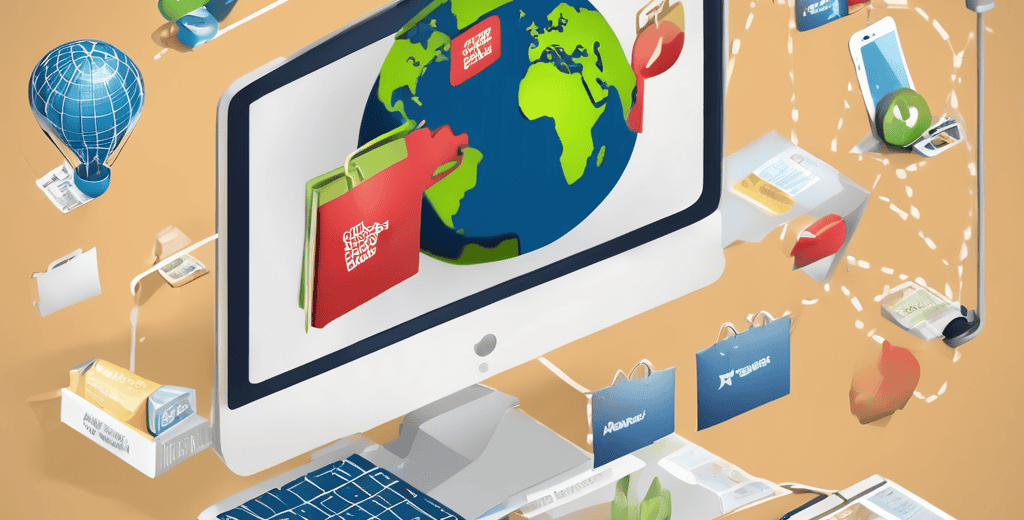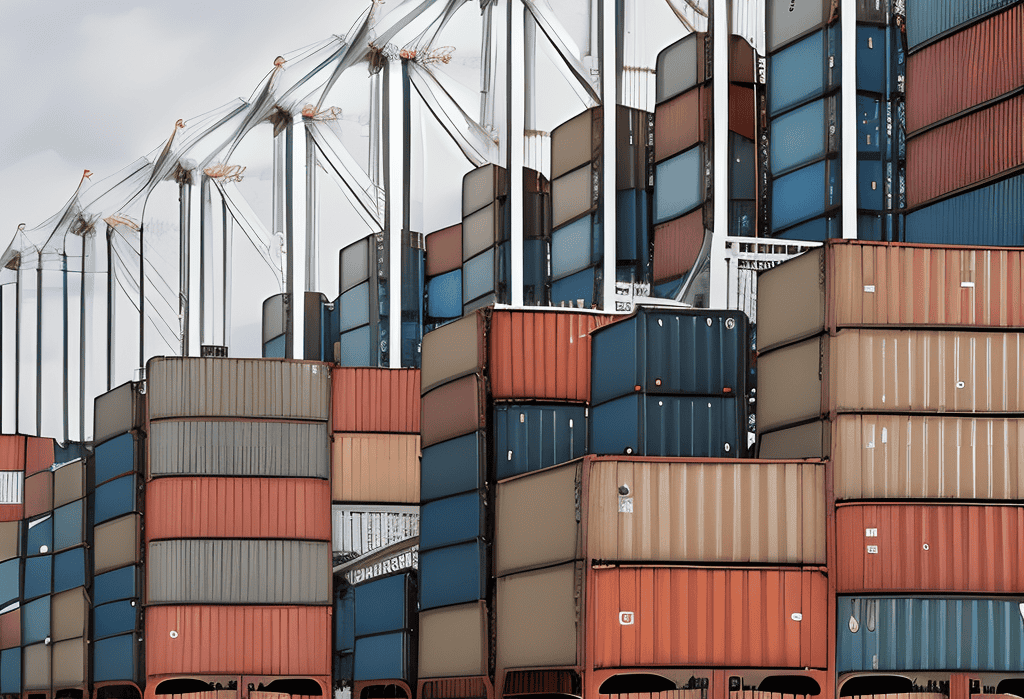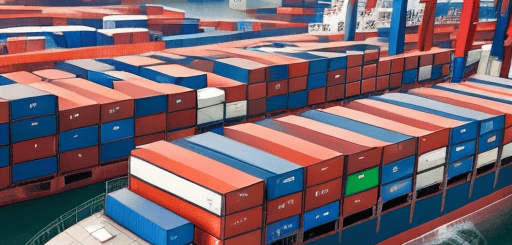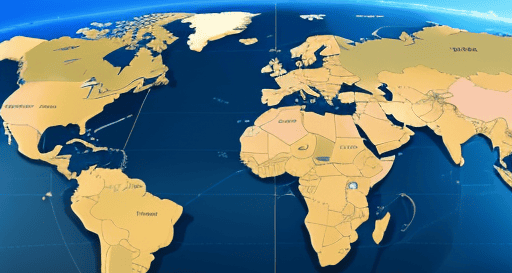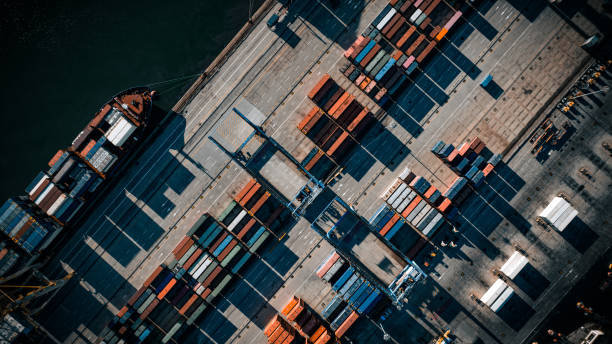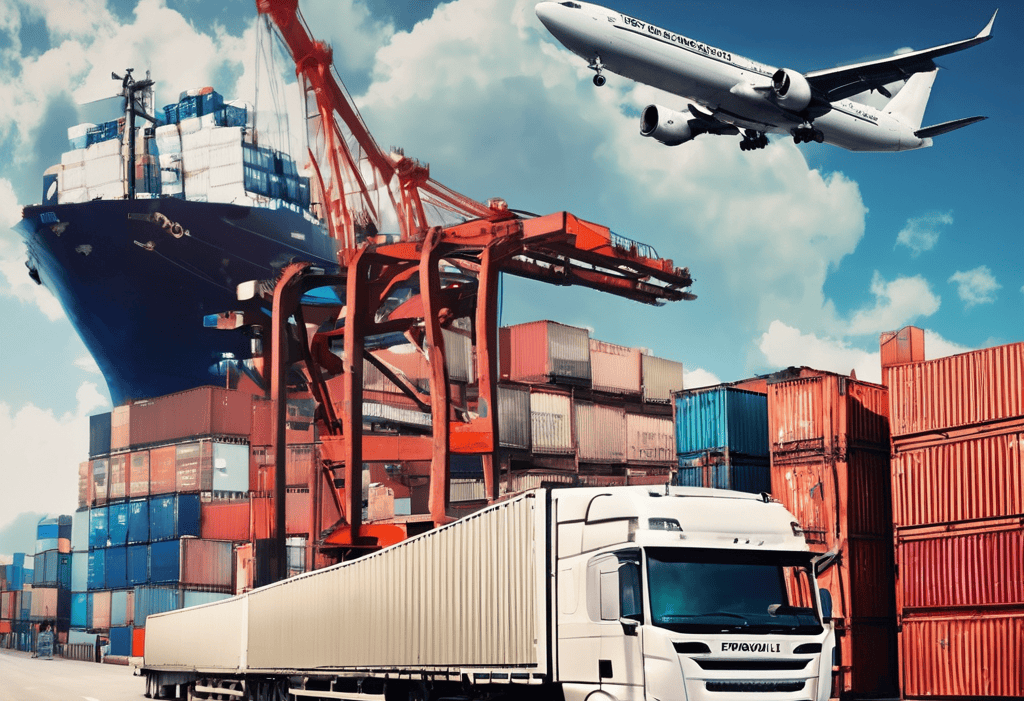Artificial intelligence is revolutionizing global supply chains, empowering businesses to achieve unprecedented levels of efficiency, agility, and innovation in today's hyperconnected world. By harnessing the power of AI-driven technologies, businesses can optimize operations, mitigate risks, and unlock new opportunities for growth and competitiveness in international trade.
Artificial intelligence (AI) is transforming the landscape of global supply chains, offering unprecedented opportunities for businesses to streamline operations, optimize logistics, and enhance efficiency across the entire supply chain ecosystem. From predictive analytics to autonomous vehicles and smart inventory management systems, AI-powered technologies are revolutionizing how goods are sourced, produced, and distributed in today's interconnected global marketplace. Here, we delve into the role of artificial intelligence in streamlining global supply chains and the implications for businesses operating in international trade.
Harnessing the Power of Artificial Intelligence in Global Supply Chains
- Predictive Analytics and Demand Forecasting:
AI-powered predictive analytics enable businesses to analyze vast volumes of historical data, market trends, and consumer behavior patterns to forecast demand accurately and optimize inventory levels. By leveraging machine learning algorithms and advanced forecasting models, businesses can anticipate market demand, reduce stockouts, and minimize excess inventory costs in global supply chains.
- Autonomous Vehicles and Robotics:
AI-driven autonomous vehicles, drones, and robotic systems are revolutionizing logistics operations, enabling automated transportation, warehouse management, and order fulfillment processes. Autonomous vehicles optimize route planning, reduce delivery times, and enhance safety and efficiency in global transportation networks, reducing reliance on manual labor and mitigating supply chain risks.
- Smart Inventory Management Systems:
AI-powered inventory management systems leverage real-time data analytics, IoT sensors, and machine learning algorithms to optimize inventory levels, minimize stockouts, and prevent overstocking in global supply chains. Smart inventory systems enable predictive maintenance, just-in-time inventory replenishment, and dynamic pricing strategies, improving supply chain visibility and agility.
Implications of Artificial Intelligence in Global Supply Chains
- Enhanced Efficiency and Agility:
Artificial intelligence streamlines supply chain operations, enhances efficiency, and improves agility, enabling businesses to respond quickly to changing market dynamics, disruptions, and customer demands. By automating routine tasks, optimizing resource allocation, and reducing manual errors, AI-powered technologies drive operational excellence and competitive advantage in global supply chains.
- Cost Reduction and Optimization:
AI-driven supply chain optimization leads to cost savings, waste reduction, and resource optimization throughout the entire value chain. By minimizing transportation costs, inventory holding costs, and production inefficiencies, businesses can improve profitability, reinvest savings into innovation, and drive sustainable growth in international trade.
- Innovation and Technological Adoption:
Artificial intelligence fosters innovation and technological adoption in global supply chains, spurring the development of new business models, digital platforms, and disruptive technologies. By embracing AI-driven solutions, businesses can unlock new opportunities for collaboration, differentiation, and value creation in global markets, driving industry transformation and redefining supply chain paradigms.
#ArtificialIntelligence #GlobalSupplyChains #SupplyChainOptimization #PredictiveAnalytics #AutonomousVehicles #InventoryManagement #AIinLogistics #SupplyChainInnovation #BusinessEfficiency #InternationalTrade
Read more views



















